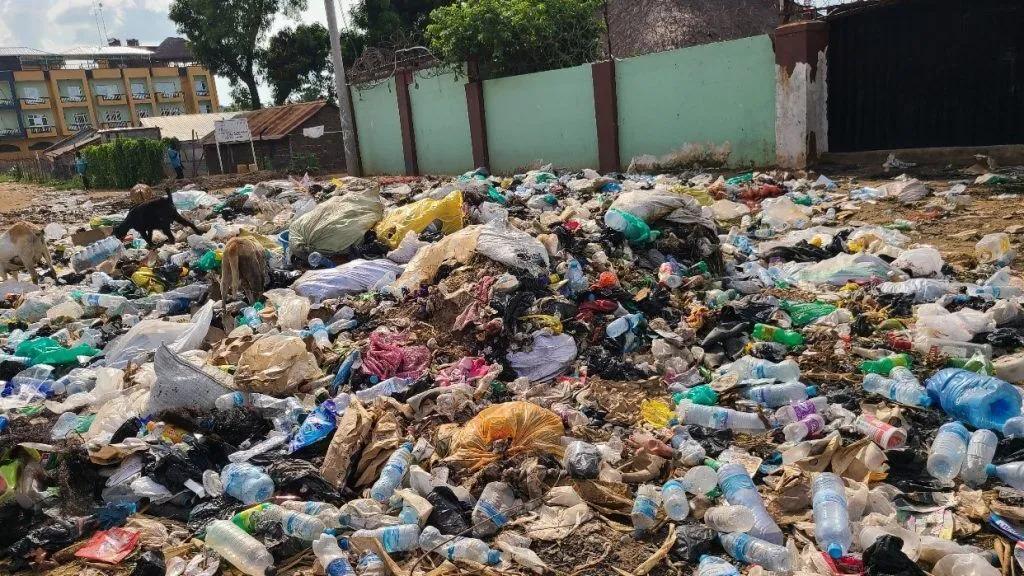Africa-Press – South-Sudan. The residents of Gudele, Hai-Referendum, and Mia-Saba neighbourhoods in South Sudan’s capital Juba have issued a legal notice announcing their intention to sue government institutions for what they describe as persistent neglect of their constitutional rights and failure to provide basic public services.
The notice, dated 26 August and addressed to Justice Minister Dr. Wek Mamer, was filed by Counsel Mario Maker Majok of Reign Legal & Consultancy Firm on behalf of the petitioners. It accuses the Ministry of Roads and Bridges, the Ministry of Environment and Forestry, and the Juba City Council of gross negligence in discharging their legal duties to citizens.
According to the legal document, the residents are adult citizens of South Sudan who argue that their rights under the Transitional Constitution of 2011 (as amended) have been systematically violated. They cite provisions in the Bill of Rights guaranteeing life, dignity, access to a clean and healthy environment, and the right to a decent standard of living.
The petition highlights Article 37, which obliges the government to ensure sustainable management of resources such as land, water, and minerals for the benefit of citizens, and Article 41, which guarantees every person the right to a clean environment.
The communities accuse the respondents of breaching these constitutional duties by failing to deliver essential services, including roads, electricity, clean water, and healthcare.
The ministries and Juba City Council are specifically tasked with planning, constructing, and maintaining roads, as well as managing the environment and delivering public services. However, the petitioners argue that the failure of these bodies to perform their functions has had a devastating impact on residents.
“The major and feeder roads in Hai-Referendum, Mia-Saba, and Gudele have been left impassable and in gross disrepair for several years,” the notice states.
The residents say that poor infrastructure has led to a loss of access to basic services, including health facilities, schools, and markets, as well as increased transport costs, frequent accidents, and damage to vehicles due to dilapidated roads. This has also obstructed trade and agriculture, restricting the movement of goods and people.
These conditions, they argue, not only undermine economic livelihoods but also amount to a denial of fundamental rights guaranteed by law.
The petitioners cite Article 126 of the Transitional Constitution, which grants the Supreme Court jurisdiction to enforce constitutional rights and issue remedies where violations occur. They stress that the notice was issued in line with statutory and constitutional requirements and without prejudice to further legal actions that may be taken in the future.
The residents are demanding that the national government and the Central Equatoria State authorities treat the matter with urgency.
They have given the named institutions 14 working days to respond and take corrective measures or face a constitutional petition before the Supreme Court.
The case, if filed, could set an important precedent for civic accountability in South Sudan, where public grievances over poor service delivery are often expressed through protests rather than litigation.
Officials from the Ministry of Roads and Bridges, the Ministry of Environment and Forestry, and the Juba City Council had not yet issued a response.
For More News And Analysis About South-Sudan Follow Africa-Press






